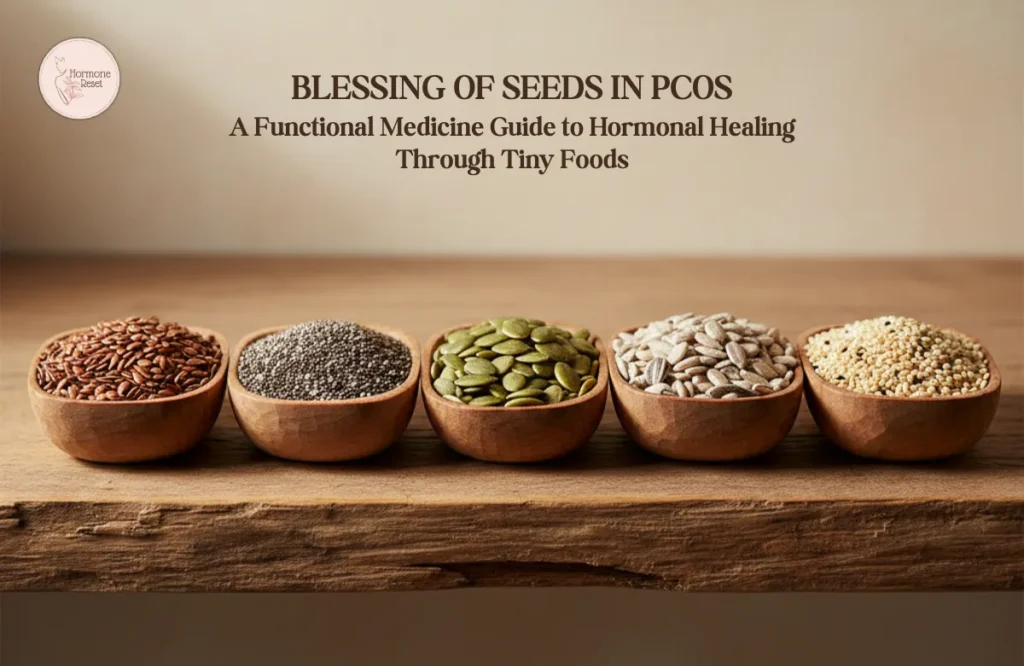Did you ever think of the color “black” when you thought about which colors to include in your plate?
Well if not, then it’s high time to paint your diet black. Wondering why? Although black foods happen to be way healthier than many superfoods, we only think of greens, yellows and reds etc. as being loaded with nutrients and antioxidants. Black foods aren’t as frequently associated with nourishment and health.
Just to bust the myth, black foods are high in various essential nutrients. One example is anthocyanin pigments which have been found immensely useful to lower the risk of heart diseases, diabetes and even cancer!
Let’s dig deeper into the world of black foods.
- Black rice
- Black bean
- Black olive
- Black sesame
- Black berries
- Black raisin
- Black garlic
- Black walnut
Black Rice

It’s commonly cultivated in the South East Asian region. The Chinese refer to it as Forbidden Rice as, in ancient times, it used to be reserved for Chinese Royalty. High in lutein and zeaxanthin, this rice has a nutty flavor and supports good eye health. Because of their strong anti-oxidant and fiber content, it offers cancer-fighting qualities. Most importantly, it can be used in a number of recipes such as puddings, stir-fries, risotto, oatmeal, and noodles. Even bread can be prepared from it.
Black Bean

They are native to the US. The hard black shell of black beans is constituted out of antioxidant rich pigments called anthocyanins. Inside the beans, flavonoids like kaempferol and quercetin are found in rich quantities. Given the fact that 80% of American populations are deficient in magnesium, one cup of black beans happens to provide an impressive 120 mg (30% DV) of magnesium. Not only that, they are loaded with antioxidants, protein, fiber and a number of essential vitamins and minerals, especially nutrients many of us do not get enough of. 275% of Manganese needs, 64% of Folate needs as well as good amounts of zinc, copper and iron get provided by black beans.
Black Olive

Black Olives are native to Central America, Mexico, Caribbean, and northern South America. They are rich in Vitamin E, polyphenols, oleocanthal, and monounsaturated fats and may be used in pasta, pasta, stir-fries, salads, pickles, and beverages. They are highly instrumental in preventing artery clogging, the maintenance of eye health, the prevention of DNA damage, the promotion of excellent skin health, and the maintenance of hair health.
Black Sesame

Originated in China and Southeast Asia, black sesame is high in protein, selenium, fibre, potassium, iron, calcium, copper, zinc, and Vitamin E and can be used in varieties of salads, garnishing, making laddoos, smoothies, soups, hummus, dips, tahini etc. It also includes Sesamin, an ingredient that aids in the reduction of inflammation that is in turn instrumental in eradicating pain & swelling. Ingesting 1-2 teaspoons of black sesame daily can do wonders to health.
Black Berries

Native to North and South America, Asia, and Europe, they are believed to drastically reduce inflammation and strengthen one’s immunity. Rich in Antioxidants, they can be extensively used in deserts, salads, smoothies or pancakes. Women having irregular or delayed menstrual cycles can derive immense benefits from blackberries.
Black Raisin

Native to UK, New Zealand, Australia and Ireland, this seasonal fruit has a range of benefits on offer. Rich in lutein, zeaxanthin, it prevents retinal macular degeneration and retinal damage. One of its very important components, resveratrol is known to have anti-cancer properties along with improvement of cardiac health by lowering of LDL levels. Furthermore, proanthocyanidins, another important component, is known to have immense benefits for skin health. Black raisins are widely suggested in smoothies, salads, jams, and even kheer too.
Black Garlic

Likely to have originated in Korea, the Cloves of Black Garlic are known to have immense health benefits. On being added to stir fries, soups and baking, the caramelised, savoury rich flavour adds a different dimension to the dishes! Furthermore, antioxidants such as these are helpful in preventing inflammation and act as immense memory boosters. Preventing cell damage and lending protection from cancer are two other health benefits as well.
Black Walnut

Native to Iran, black walnuts are rich in omega-3 alpha-linolenic acid which has high heart benefits. High in ellagic acid which is good for keeping the heart fit, they’re also high in unsaturated fats which help you lose weight by regulating hunger and giving a feeling of fullness. Rich in antioxidants such as melatonin, black walnuts can aid in improving sleep quality as well as duration.
Which one of these black foods have you tried? How was your experience?
Share it with us in the comments section below.

References :
- Chaiyasut, C., Sivamaruthi, B., Pengkumsri, N., Keapai, W., Kesika, P., Saelee, M., Tojing, P., Sirilun, S., Chaiyasut, K., Peerajan, S., & Lailerd, N. (2016). Germinated Thai Black Rice Extract Protects Experimental Diabetic Rats from Oxidative Stress and Other Diabetes-Related Consequences. Pharmaceuticals, 10(4), 3. https://doi.org/10.3390/ph10010003
- Thompson, S. V., Winham, D. M., & Hutchins, A. M. (2009). Black bean and chickpea consumption reduce glycemic response as part of a rice meal. The FASEB Journal, 23(S1). https://doi.org/10.1096/fasebj.23.1_supplement.540.2
Share





Leave a Reply